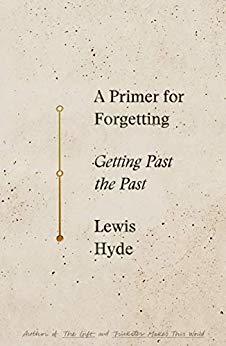What do you think?
Rate this book


385 pages, Kindle Edition
First published June 18, 2019

“Unless we kill a book by committing it to memory, active imagination (‘memory and oblivion, we call that imagination’) will make for us the book that is our book. The episodic form acknowledges the collaged afterlife of anything we read — or of any life, for that matter, for we too are discontinuous creatures, scattered in time, the meaning of our existence something we can only imagine.”
— Lewis Hyde